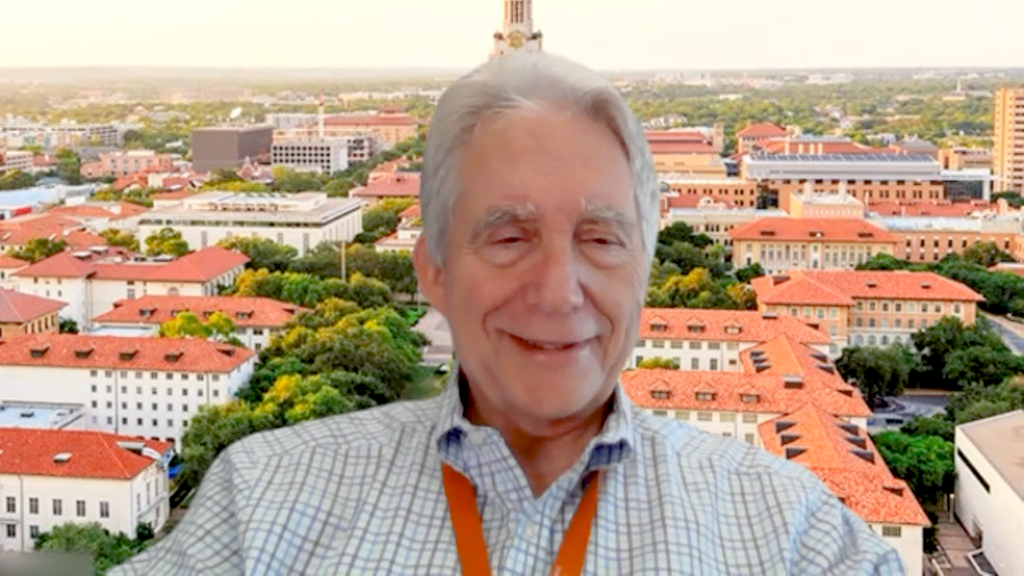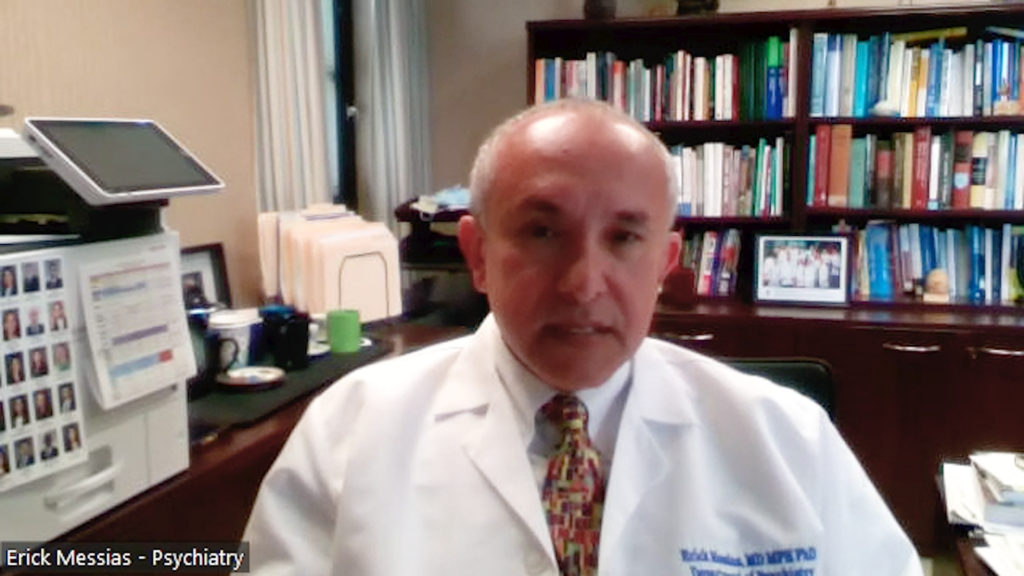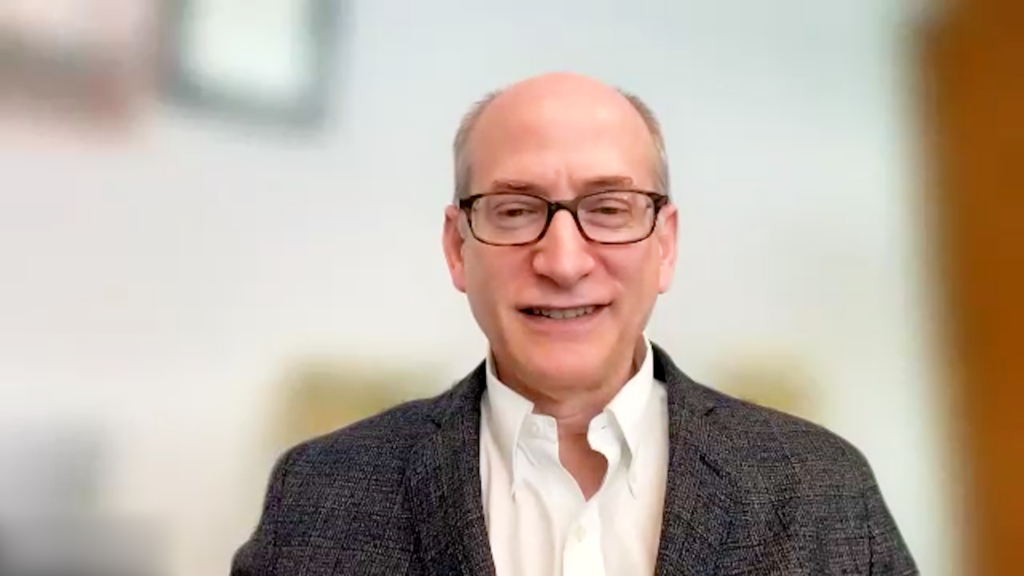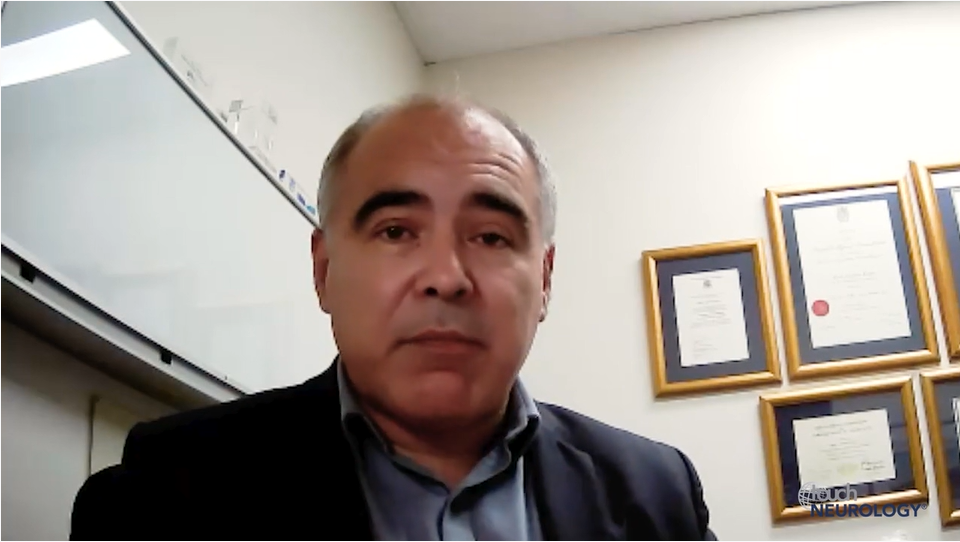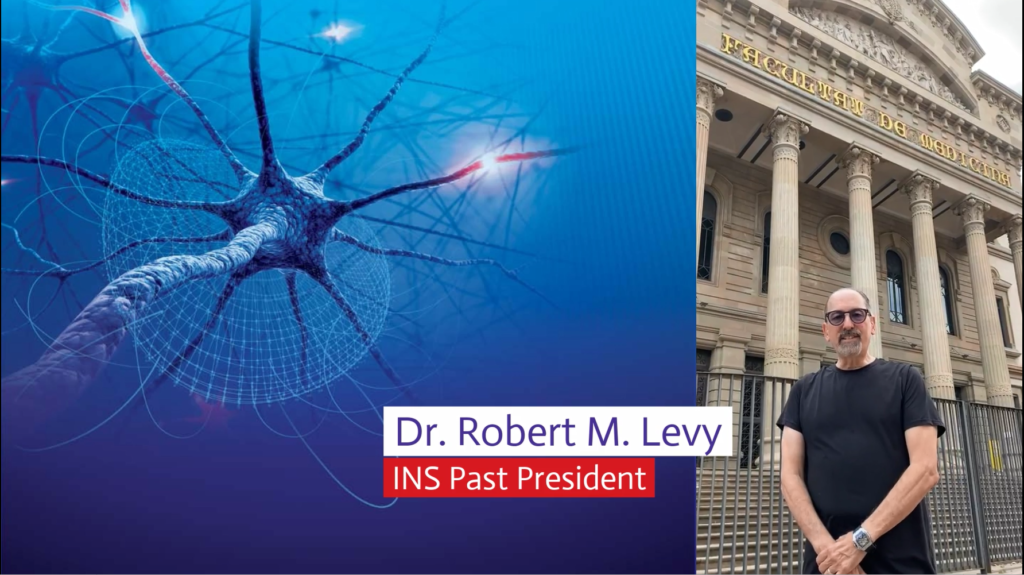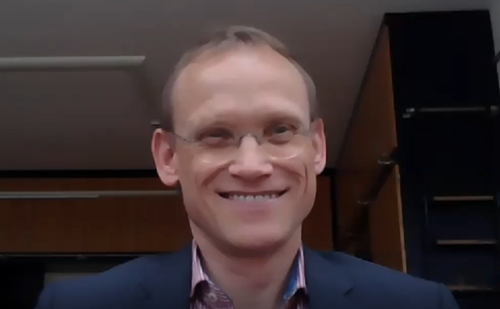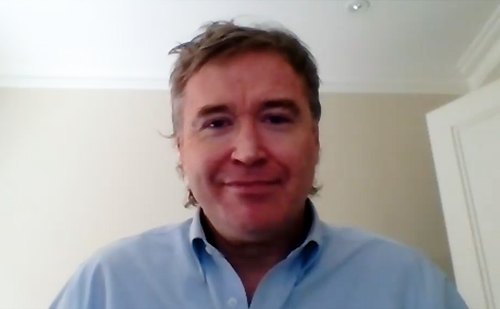 “it is great to find out that some reasoning and a prescription has helped someone turn their life around”
“it is great to find out that some reasoning and a prescription has helped someone turn their life around”
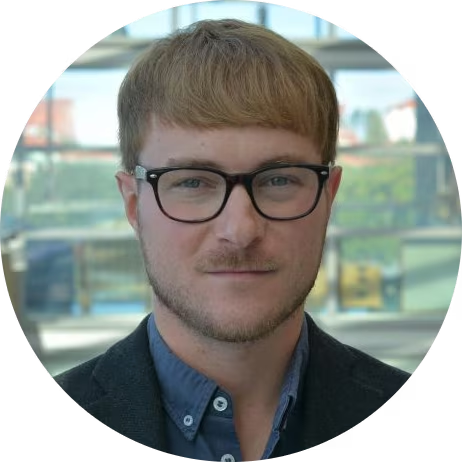
Dr Alexander Lisinski, resident psychiatrist at Sahlgrenska University Hospital and researcher at the Department of Pharmacology, Sahlgrenska Academy, Gothenburg, Sweden, is an emerging leader in psychiatry. His work combines rigorous clinical training with a research-driven focus on depression, encompassing meta-analyses, register-based studies and clinical trials. From early clinical exposure in primary care to a PhD in psychopharmacology, Dr Lisinski’s path reflects a commitment to scientific inquiry, innovation in treatment, and patient-centred care.
As part of touchNEUROLOGY’s Future Leaders 2025 series, and in collaboration with International Forum on Mood and Anxiety Disorders (IFMAD) 2025 rising star award, he shares the mentors, milestones and therapeutic frontiers, including psychedelic therapies and next-generation antipsychotics that continue to shape his evolving career.
1. What inspired you to pursue a career in psychiatry/psychotherapy?
I worked as a junior doctor in a primary care centre and found that patients with psychiatric disorders were both highly prevalent and interesting to meet. It felt very rewarding to get to know these people and help them navigate through their problems. From there I started working in psychiatry, and was later offered a PhD position in psychopharmacology, and from there I have never looked back.
2. Is there a specific patient, mentor or experience that shaped your path in this field?
I often think about my most successful interventions with different types of drugs; it is great to find out that some reasoning and a prescription has helped someone turn their life around. Together with the mentoring by Professor Elias Eriksson during my PhD studies, I now feel very confident in my theoretical and practical knowledge about psychiatric medications.
3. What current innovations in the psychiatric/psychotherapeutic treatment space excite you the most?
I am very involved in the Swedish Network for Psychedelic Science, currently working on our upcoming international conference on psychedelic science, in Stockholm this autumn (borealissummit.com). I hope to make a difference in safely bringing out psychedelic therapies to Swedish patients. Other than that, I am very much looking forward to new antipsychotic drugs with new profiles and hopefully fewer side effects.
4. What advice would you give to medical students or young professionals considering a career in this area?
It seems like few people ever regret working in psychiatry. Even if you go on to do something else, you get to learn everything from interview techniques, management of negative or hostile feelings, philosophy and ethics, and keeping a holistic view of your patient.
About Dr Alexander Lisinski
Alexander received his medical degree in 2015 at the Sahlgrenska Academy, University of Gothenburg, Sweden. After working as a junior doctor in psychiatry and general medicine, he began his PhD studies under the supervision of Professor Elias Eriksson, also at the Sahlgrenska Academy. In 2021, he defended his thesis on ‘the efficacy and prescription of serotonin reuptake inhibitors’, with Professor Allan Young (King’s College London) as his opponent. He received his medical license in 2024 and has since worked as a resident psychiatrist at Sahlgrenska University Hospital, Gothenburg. He continues his research at the Department of Pharmacology, Sahlgrenska Academy, with a focus on current and novel treatments for depression, including meta-analysis, register-based studies and clinical trials.
Dr Alexander Lisinski also received the award of Rising Star of 20th International Forum on Mood and Anxiety Disorders 2025. You can find the abstract and summary of the research below.
- Child and adolescent depression
- Serotonin reuptake inhibitors
- Individual patient meta-analysis

Editor: Katey Gabrysch, Editorial Director.
Disclosures: No funding was received in the publication of this article. Dr Alexander Lisinski has nothing to disclose in relation to this article.
Cite: Future directions in psychiatry with Dr Alexander Lisinski: touchNEUROLOGY Future Leader 2025. touchNEUROLOGY. 29 May 2025.
Register now to receive the touchNEUROLOGY newsletter!
Don’t miss out on hearing about our latest peer reviewed articles, expert opinions, conference news, podcasts and more.



